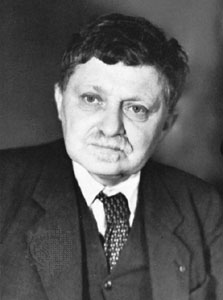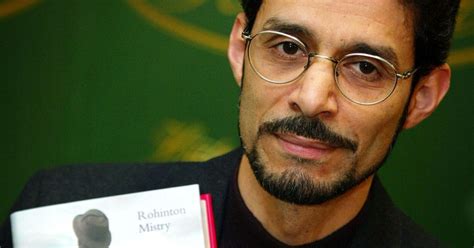A Quote by Alain de Botton
Distress at losing an object can be as much a frustration at the intellectual mystery of the disappearance as about the loss itself.
Quote Topics
Related Quotes
From the moment they had left the Earth, their own weight, and that of the Projectile and the objects therein contained, had been undergoing a progressive diminution. . . . Of course, it is quite clear, that this decrease could not be indicated by an ordinary scales, as the weight to balance the object would have lost precisely as much as the object itself. But a spring balance, for instance, in which the tension of the coil is independent of attraction, would have readily given the exact equivalent of the loss.
It is difficult for young players to learn - because of the great emphasis on records - but, ideally, the joy and frustration of sport should come from the performance itself, not the score. While he is playing, the worst thing a player can think about in terms of concentration - and therefore of success - is losing. The next worst is winning.
But though every created thing is, in this sense, a mystery, the word mystery cannot be applied to moral truth, any more than obscurity can be applied to light. ... Mystery is the antagonist of truth. It is a fog of human invention, that obscures truth, and represents it in distortion. Truth never envelops itself in mystery, and the mystery in which it is at any time enveloped is the work of its antagonist, and never of itself.
The first track is the end of a string. At the far end, a being is moving; a mystery, dropping a hint about itself every so many feet, telling you more about itself until you can almost see it, even before you come to it. The mystery reveals itself slowly, track by track, giving its genealogy early to coax you in. Further on, it will tell you the intimate details of its life and work, until you know the maker of the track like a lifelong friend.
Loss is essential, loss is part and parcel of that necessary calamity called life. Mind you, I'm not complaining. Thanks to some inexplicable universal guiding force, it is always the worthless things we lose - slough off, like a moulting snake. Losing and losing again, is the very basis of the process, til all we are left with is the bare essence of human existence.
In my own view, Hamas's frustration derives from a lack of legitimization by Israel and by much of the world. It is this frustration that leads them to such destructive desperation. That's why we need to grant them status as a legitimate enemy - before we talk about an agreement or, alternatively, about a frontal war.
Temperance is love surrendering itself wholly to Him who is its object; courage is love bearing all things gladly for the sake of Him who is its object; justice is love serving only Him who is its object, and therefore rightly ruling; prudence is love making wise distinction between what hinders and what helps itself.






































